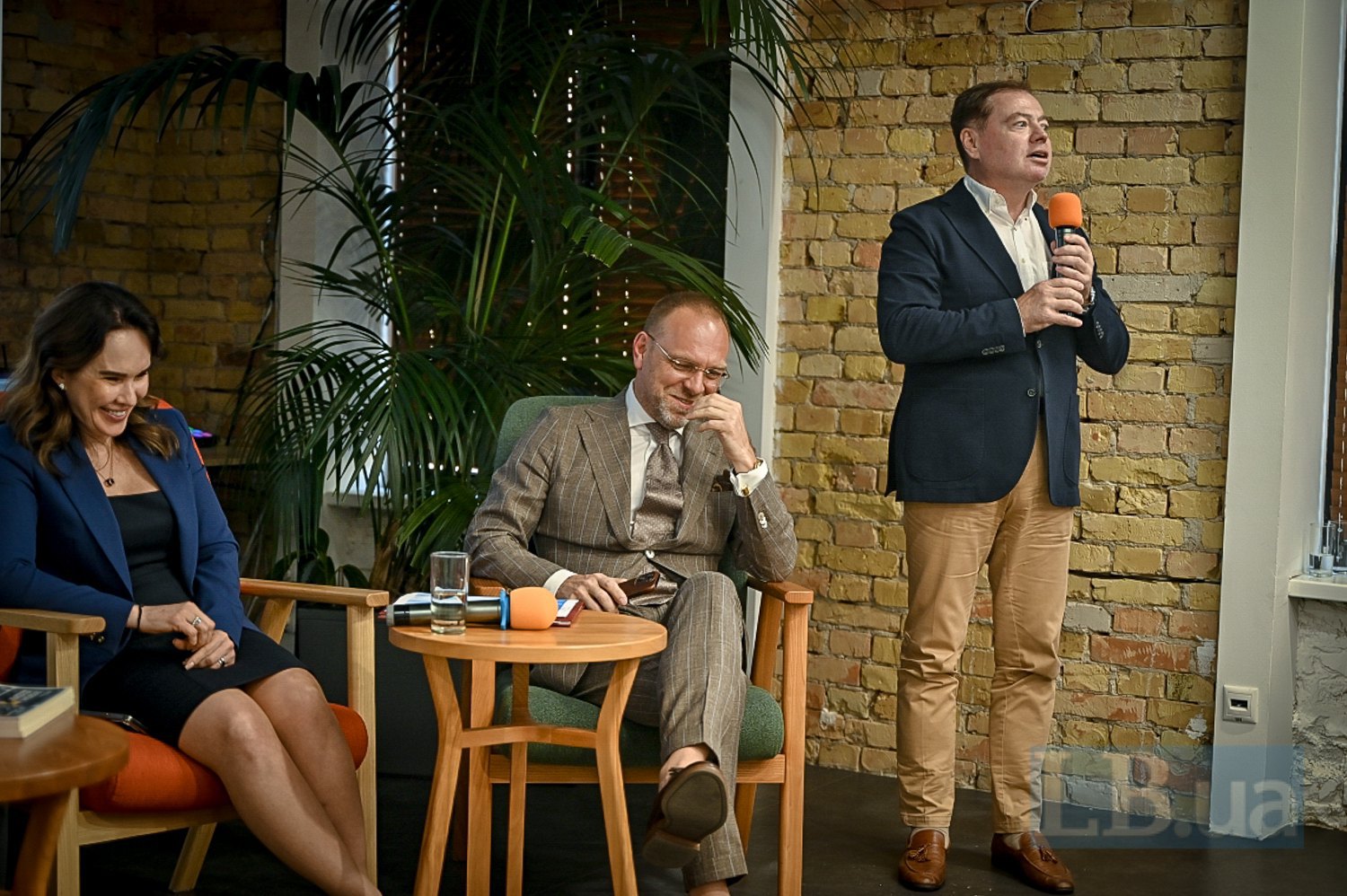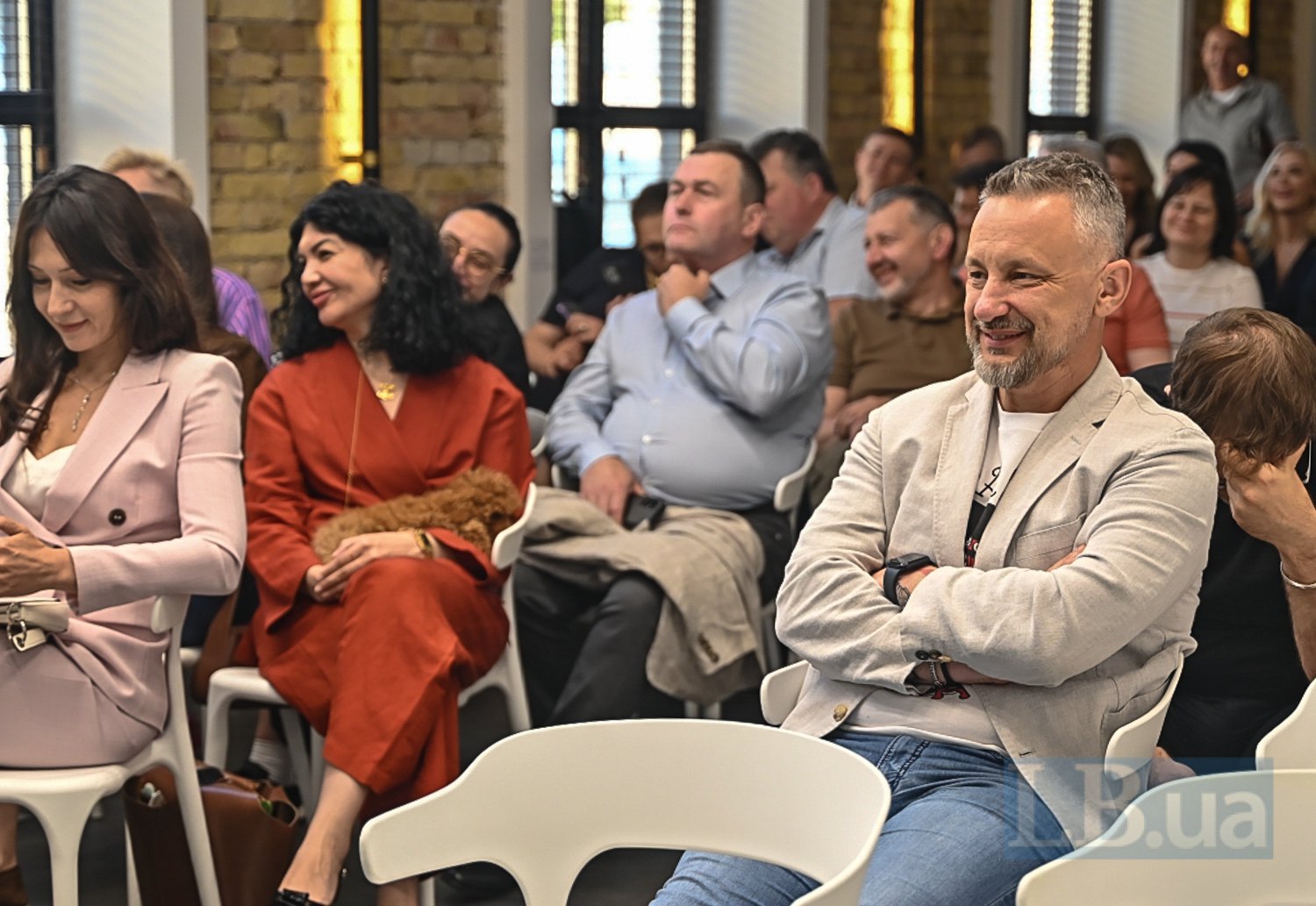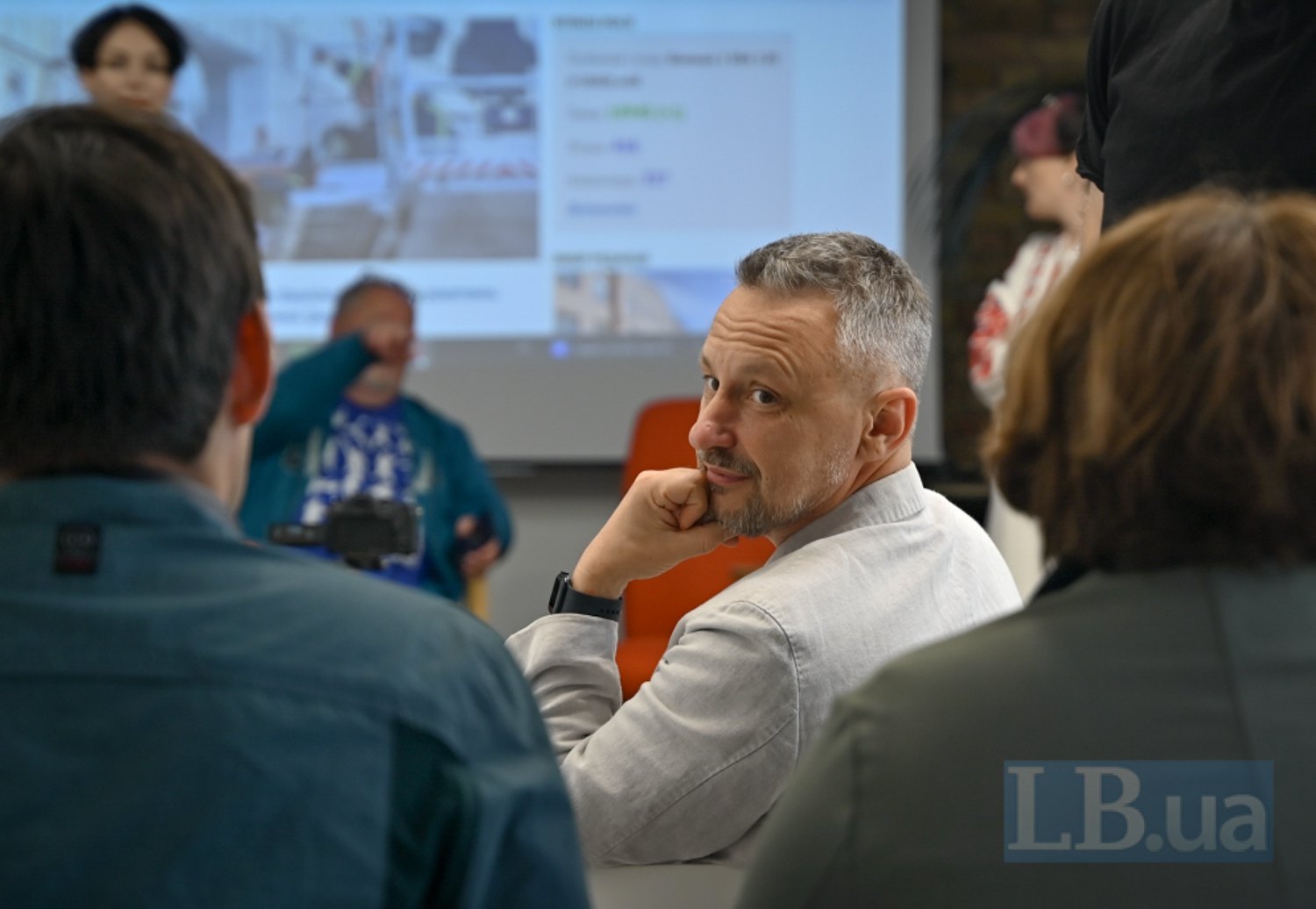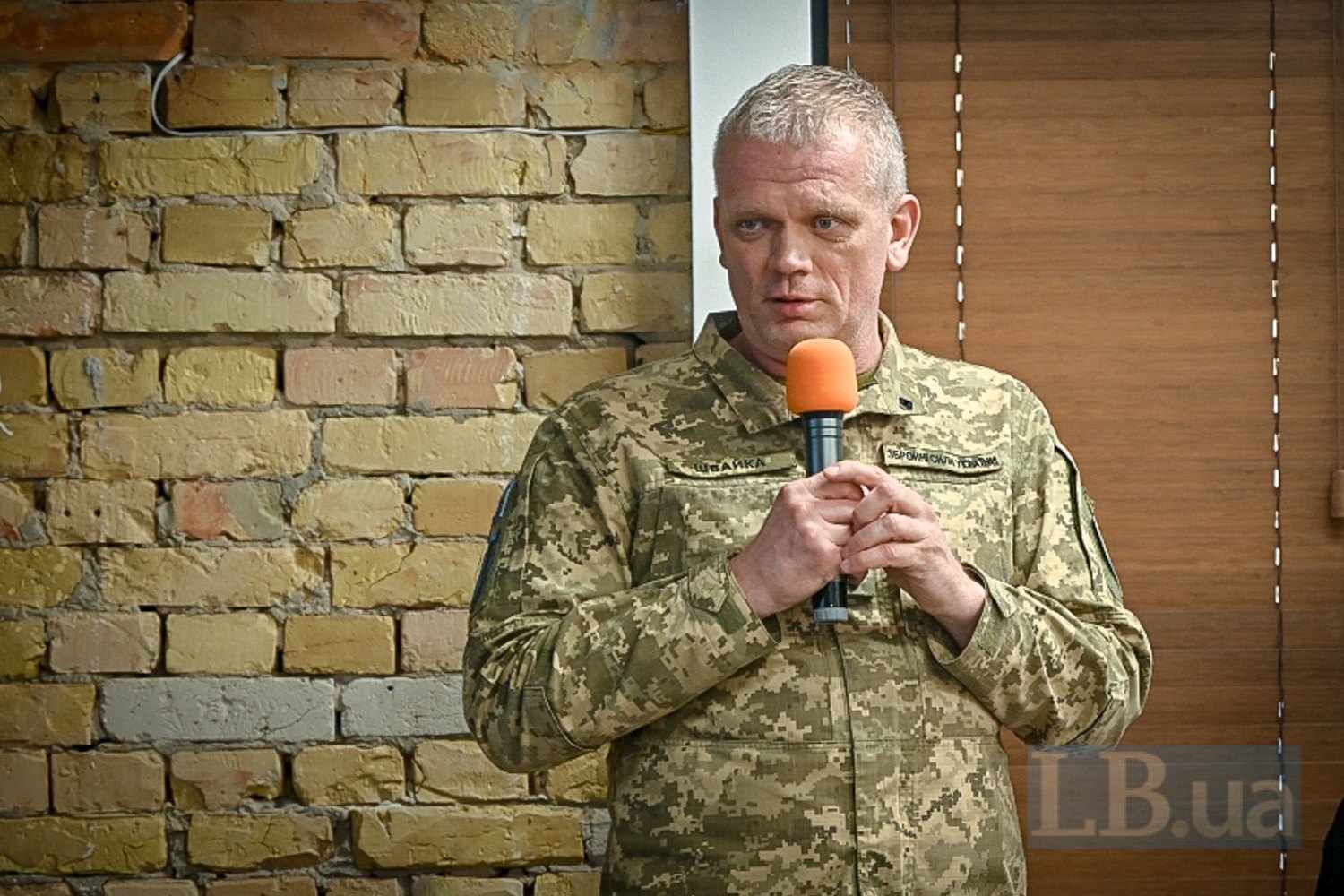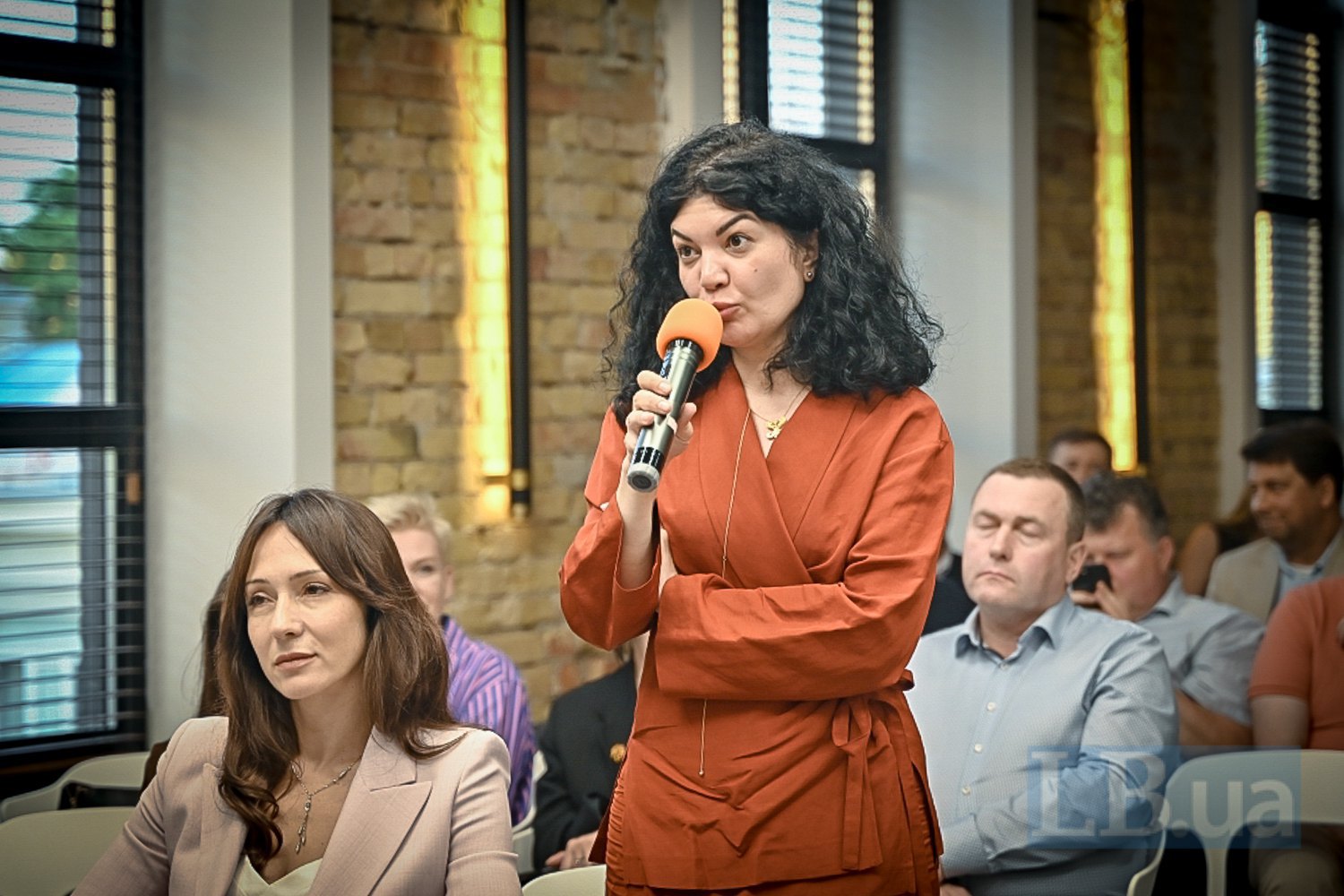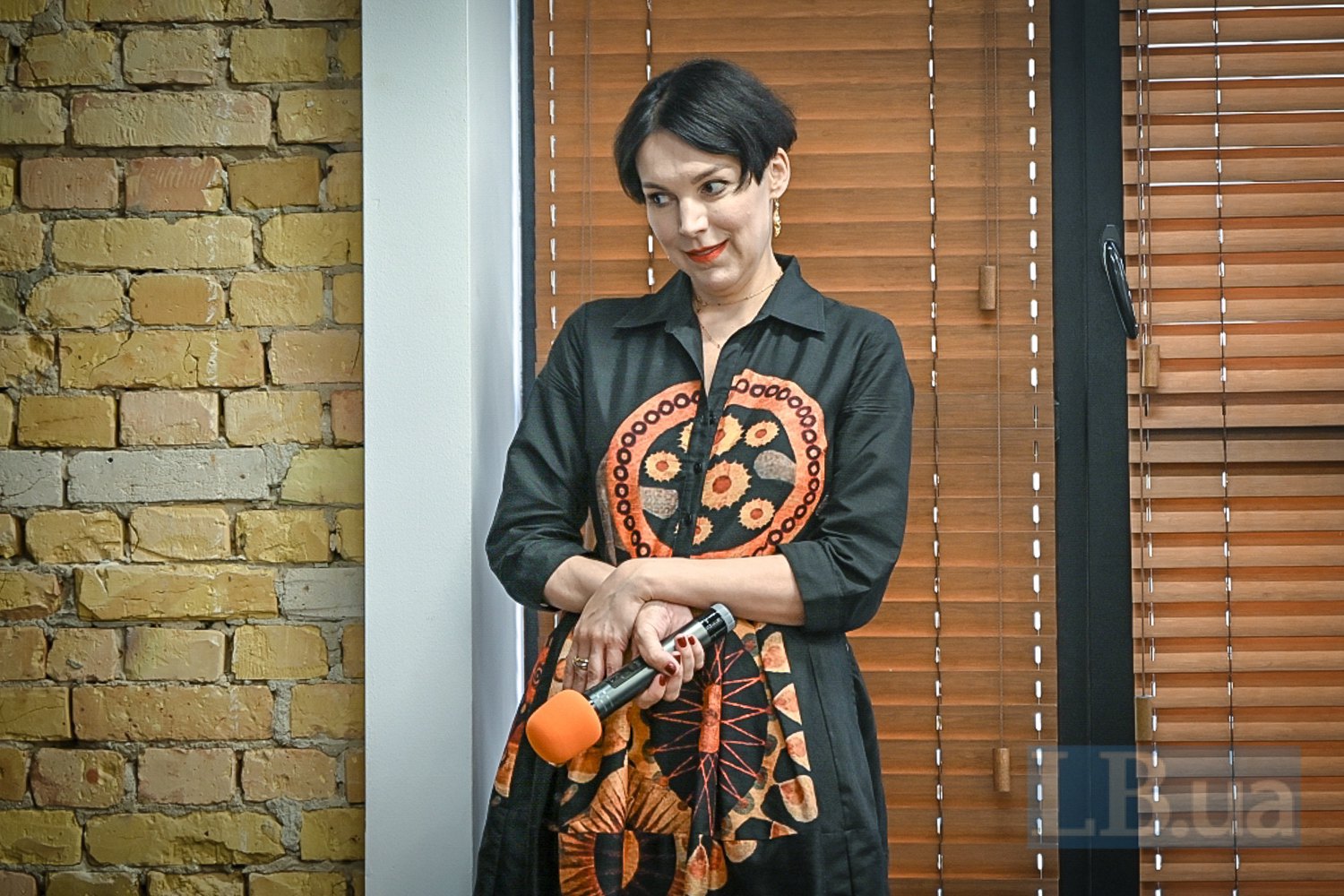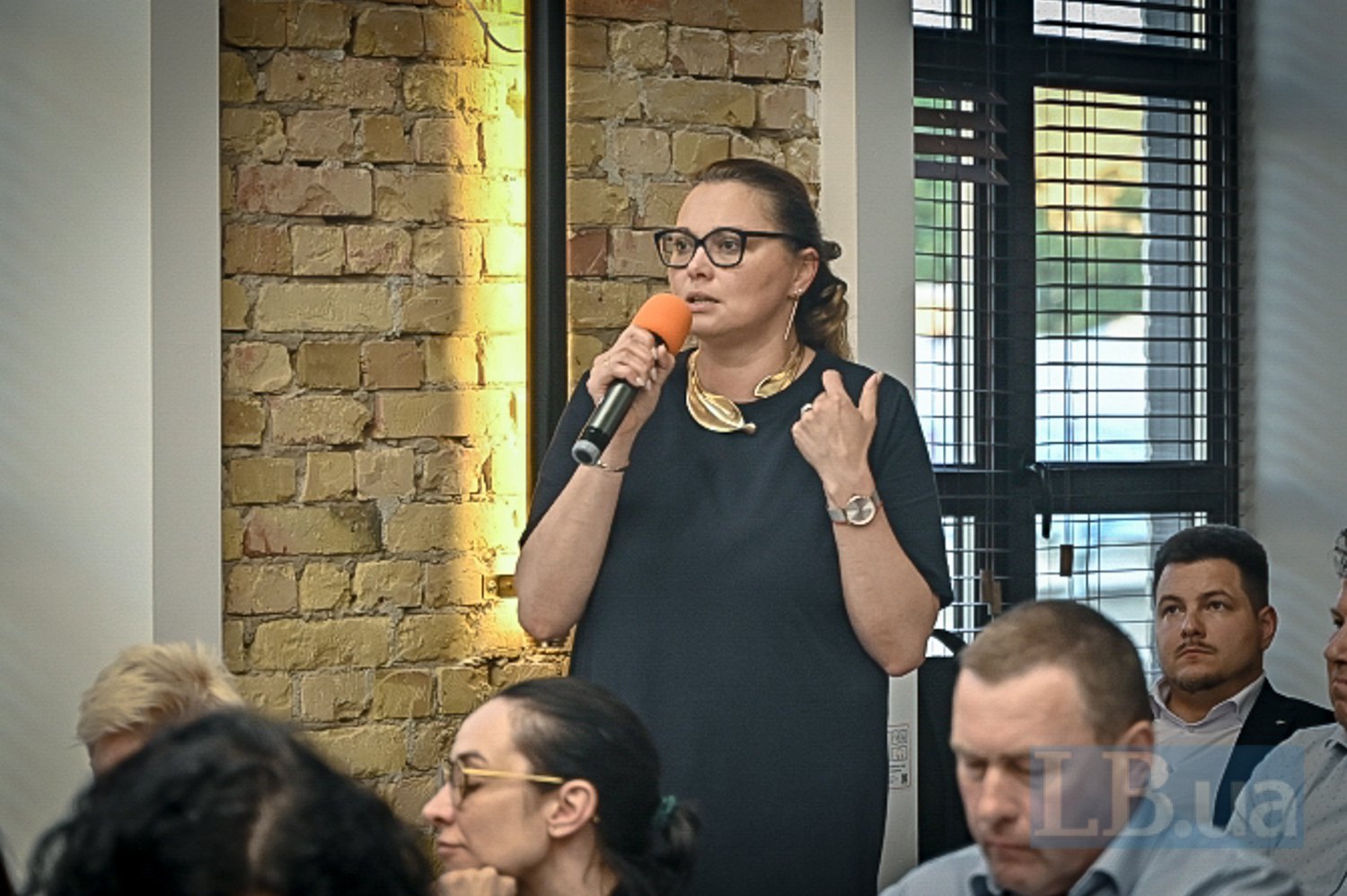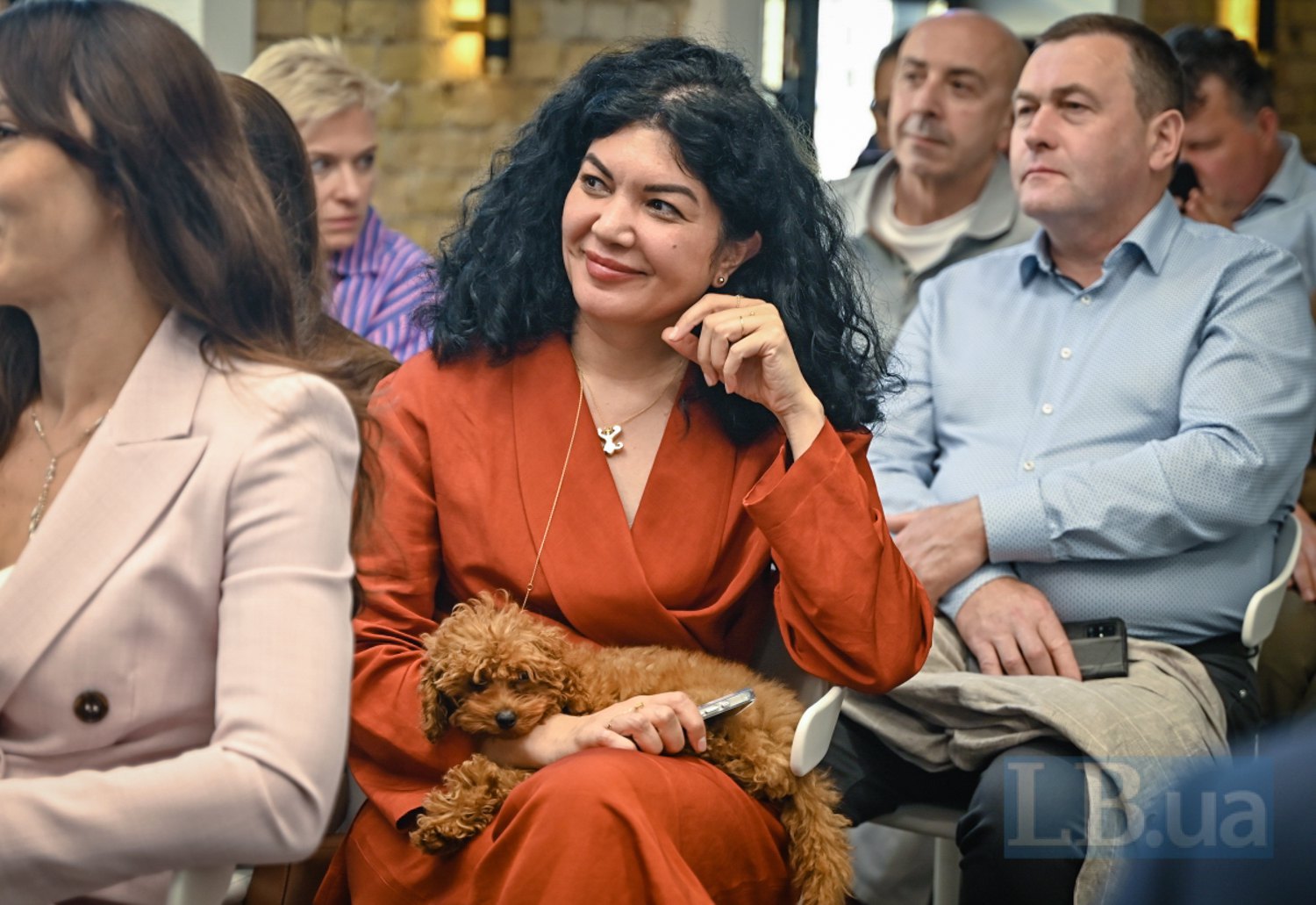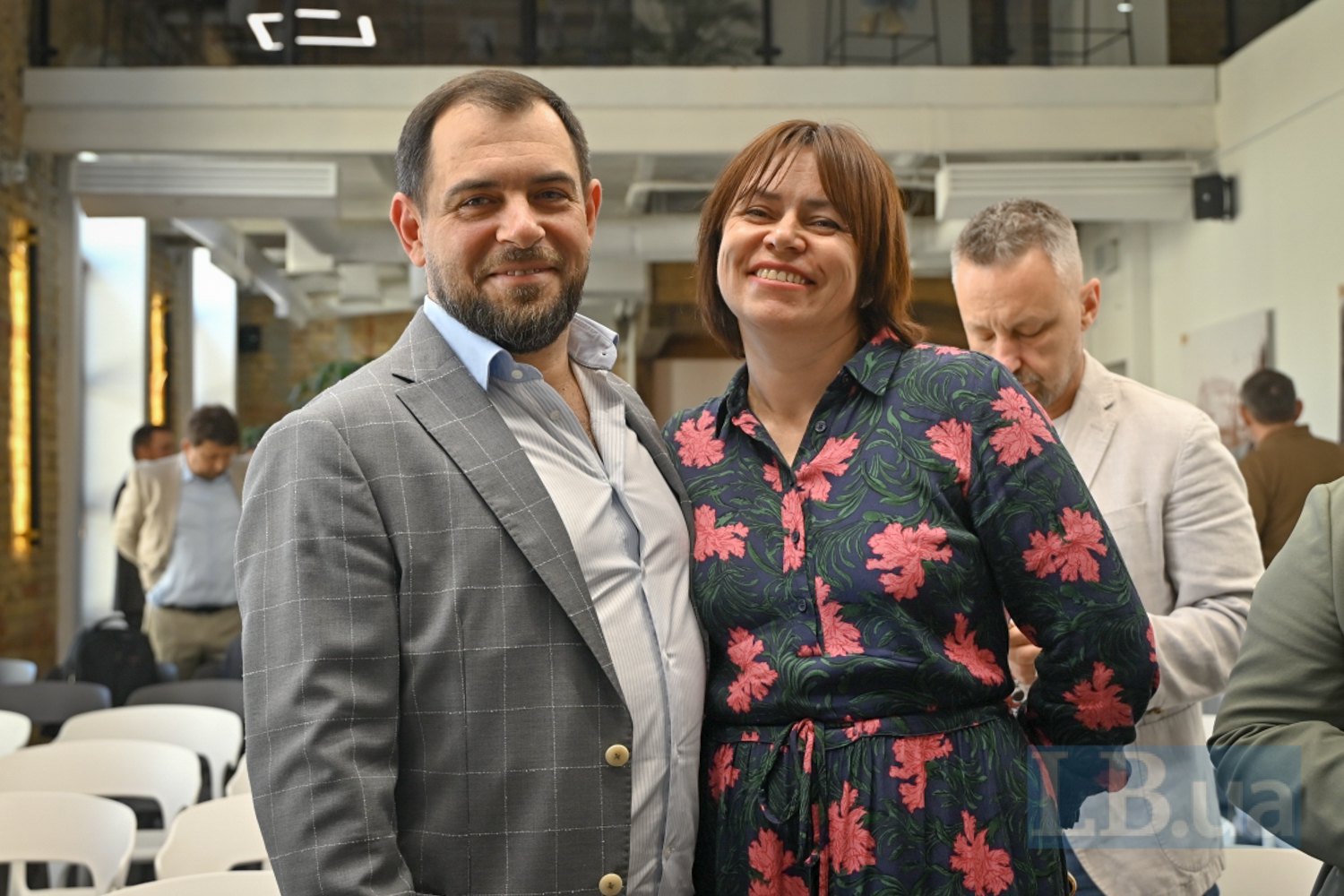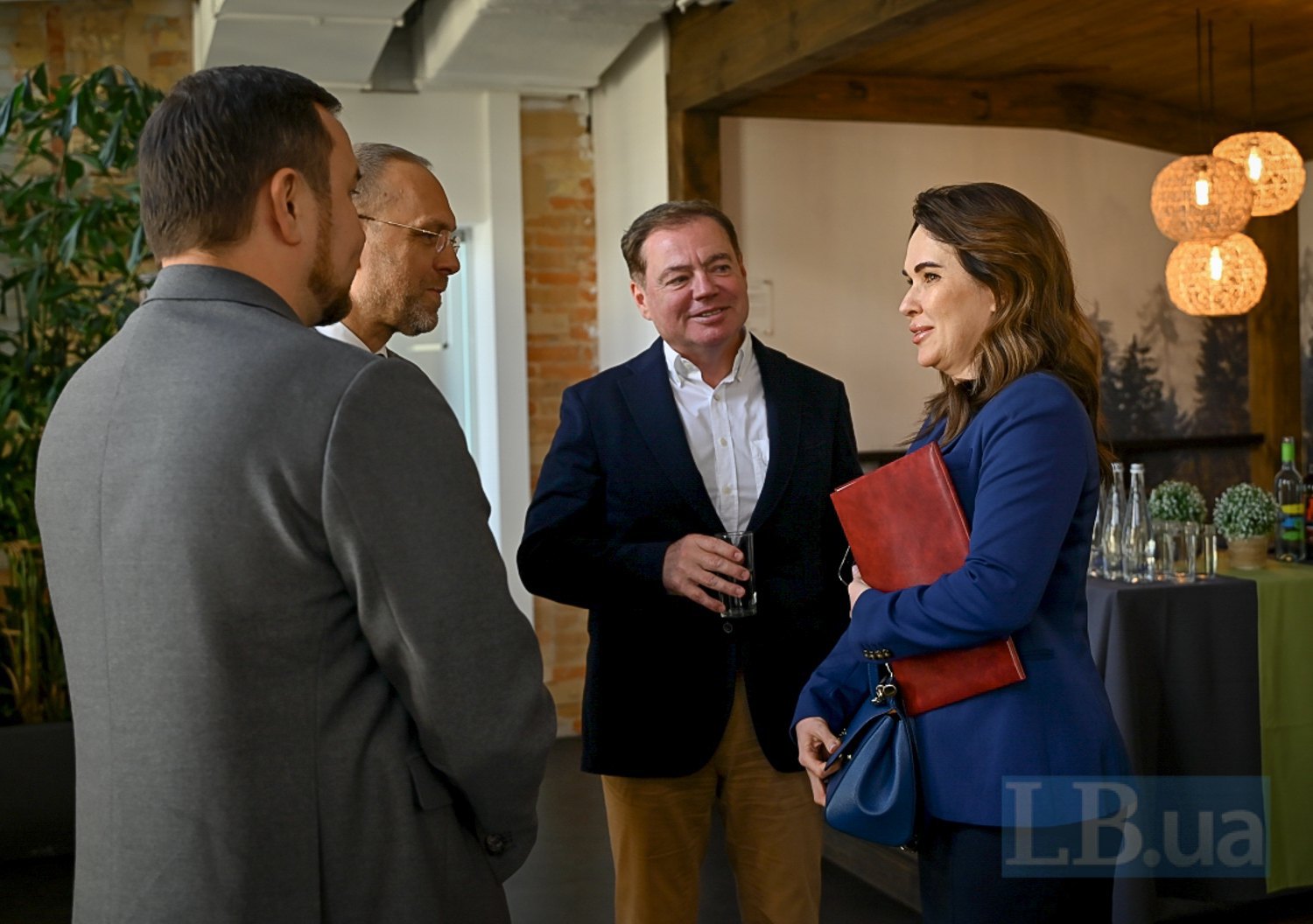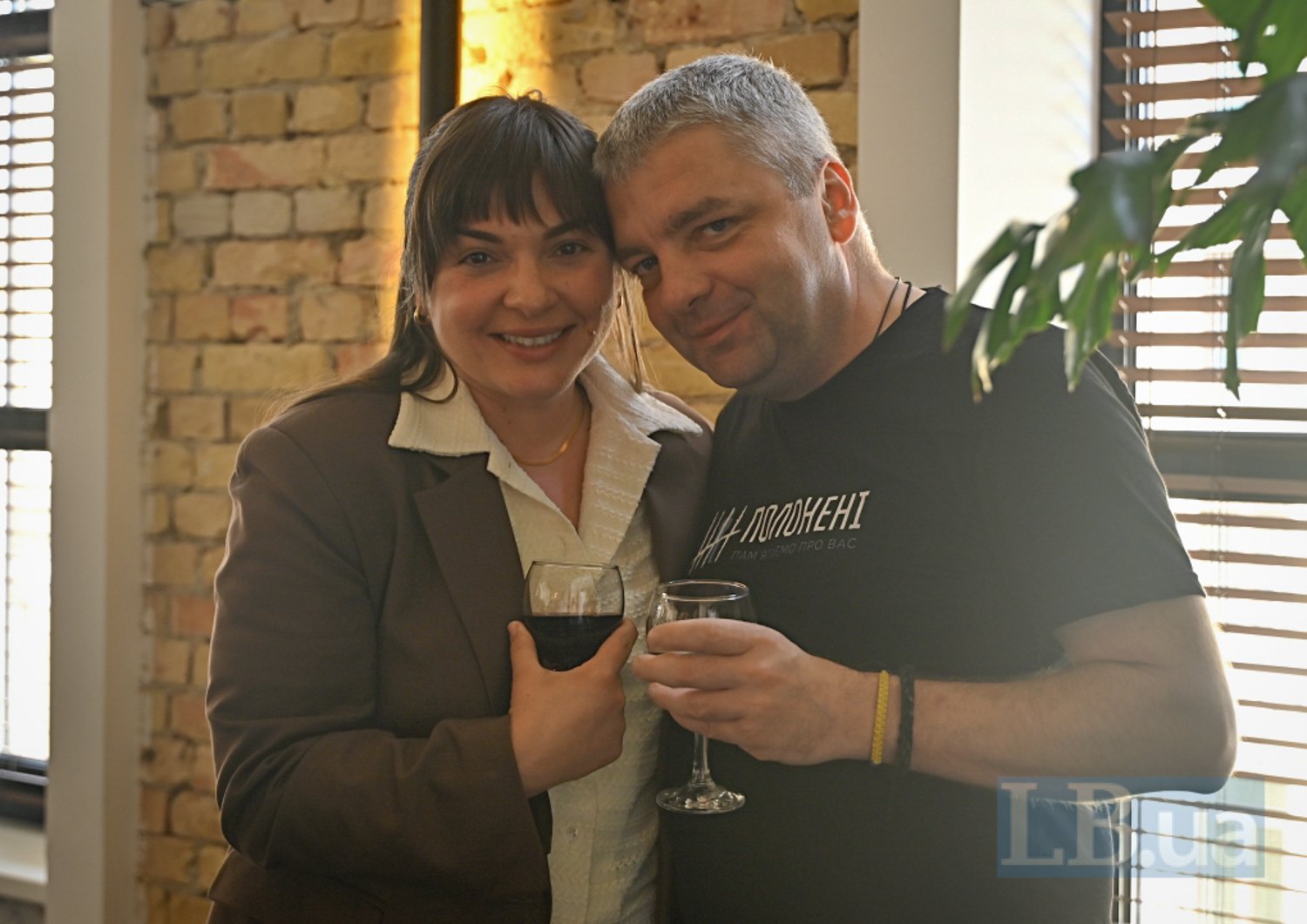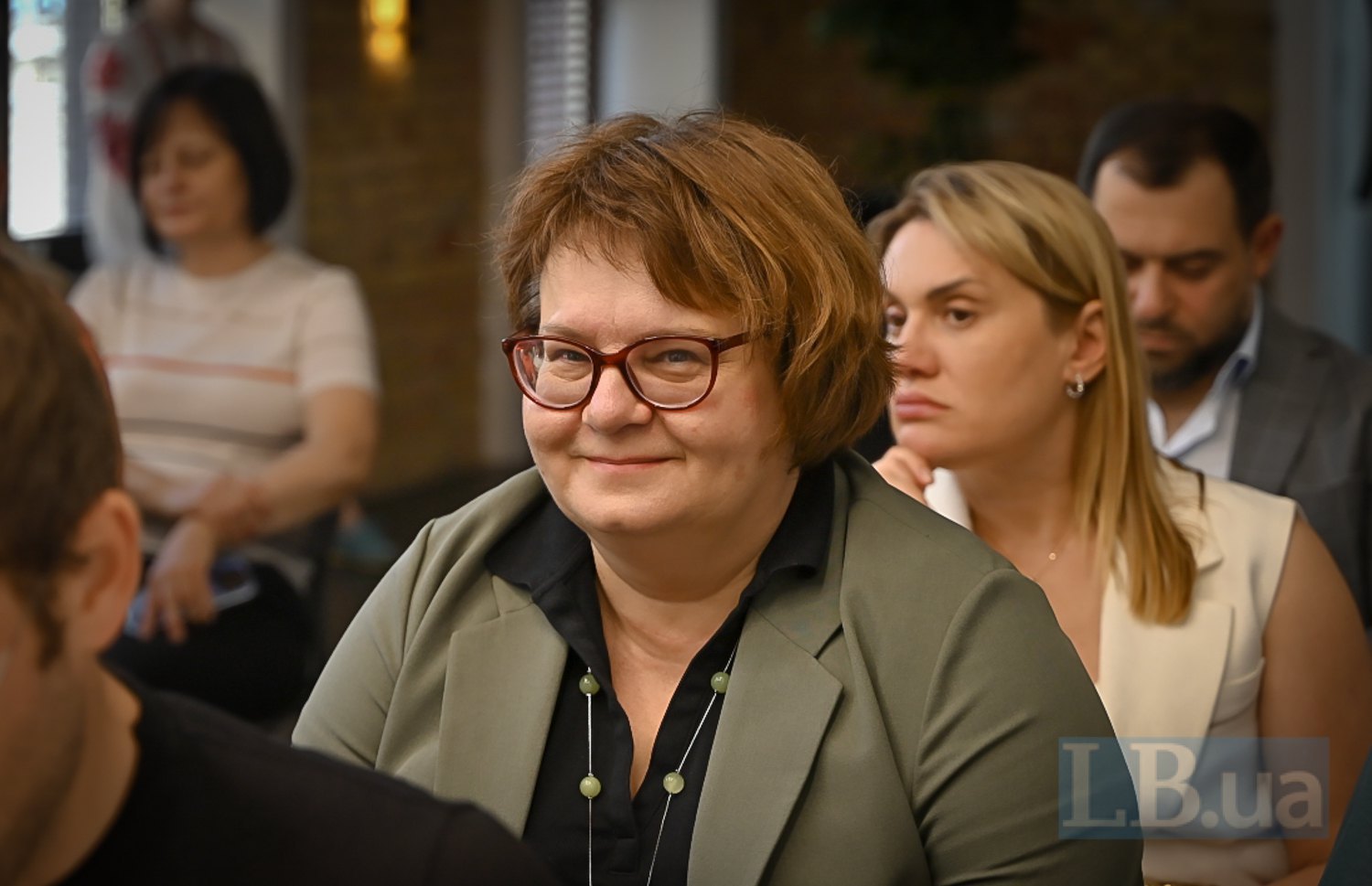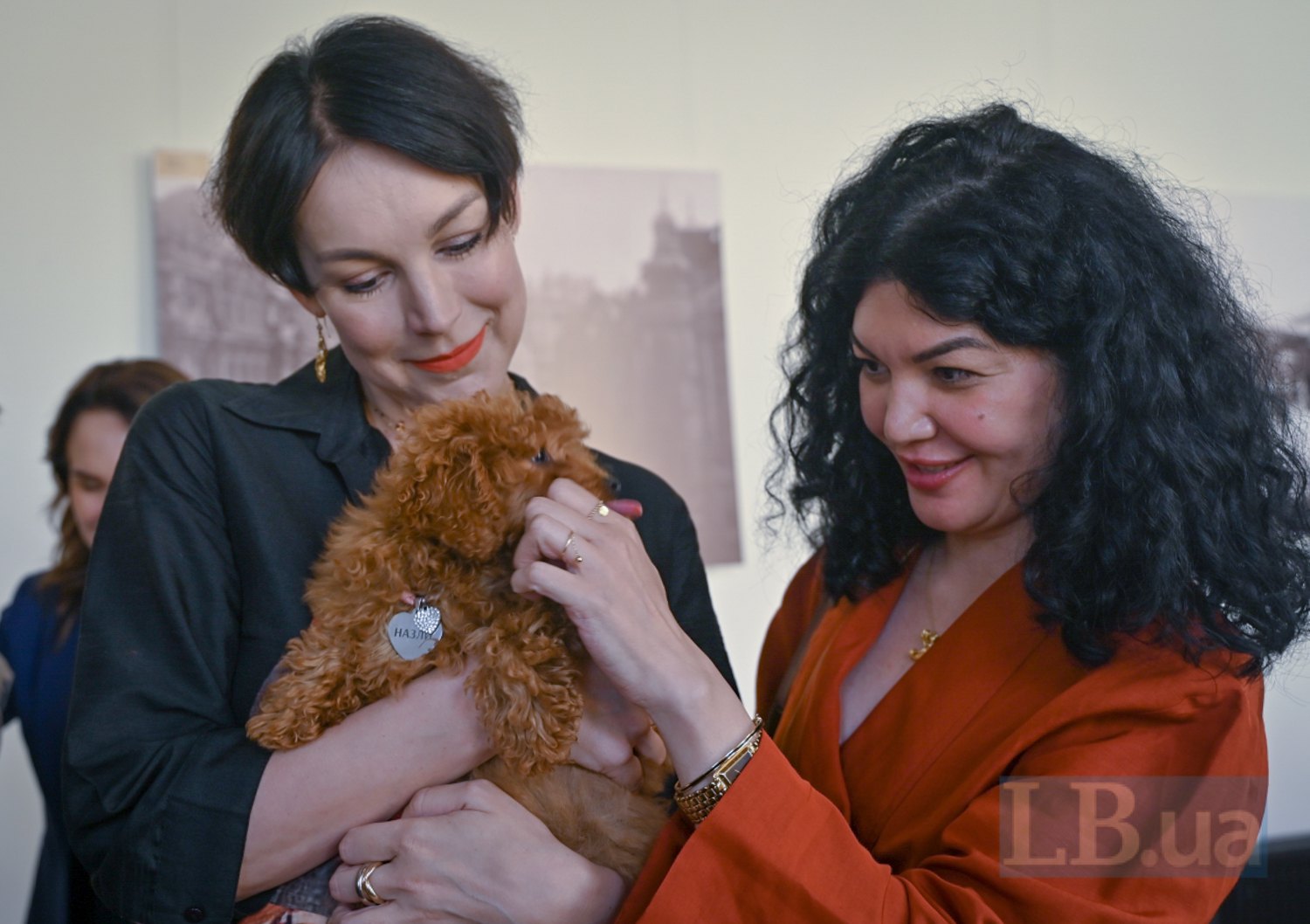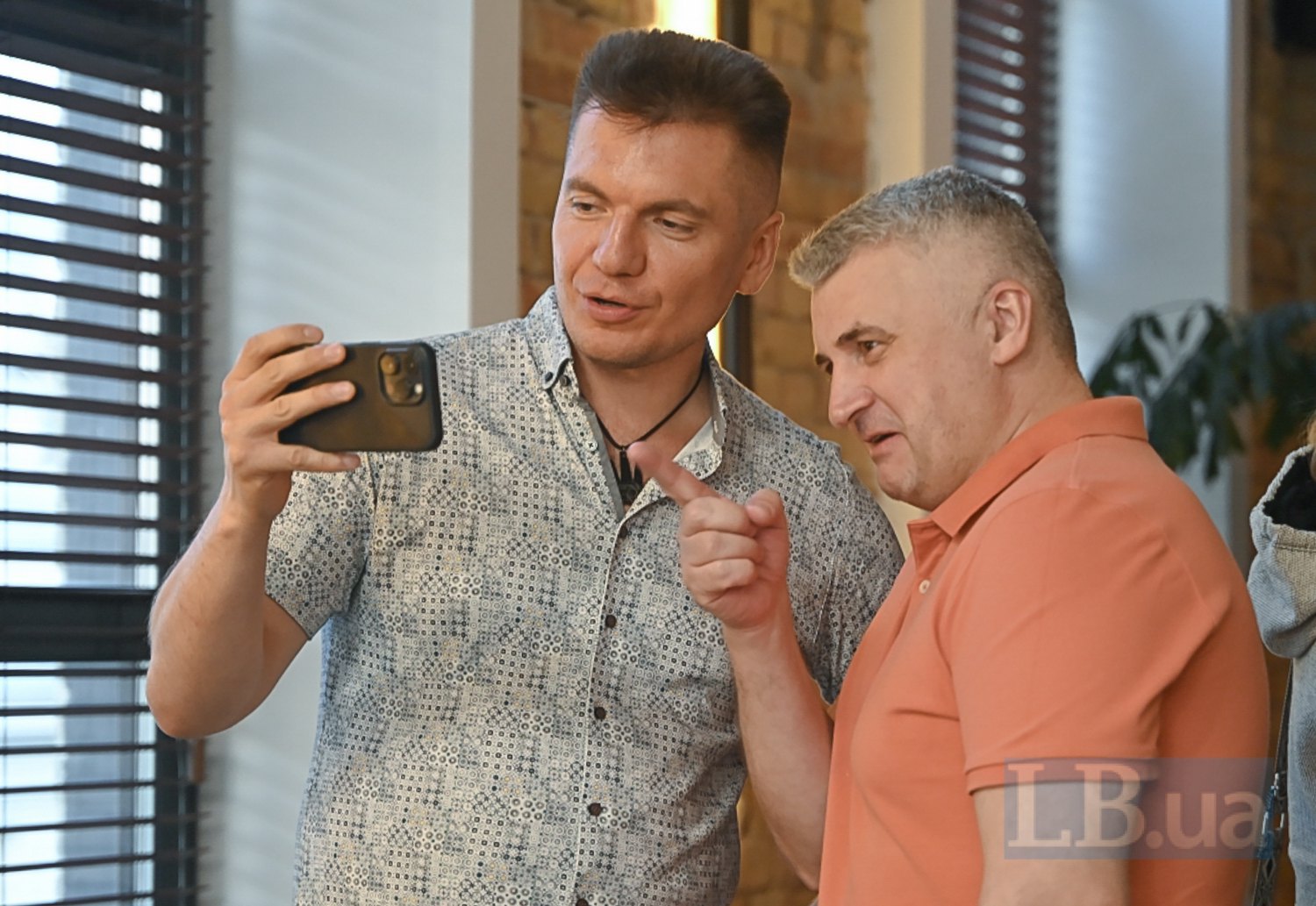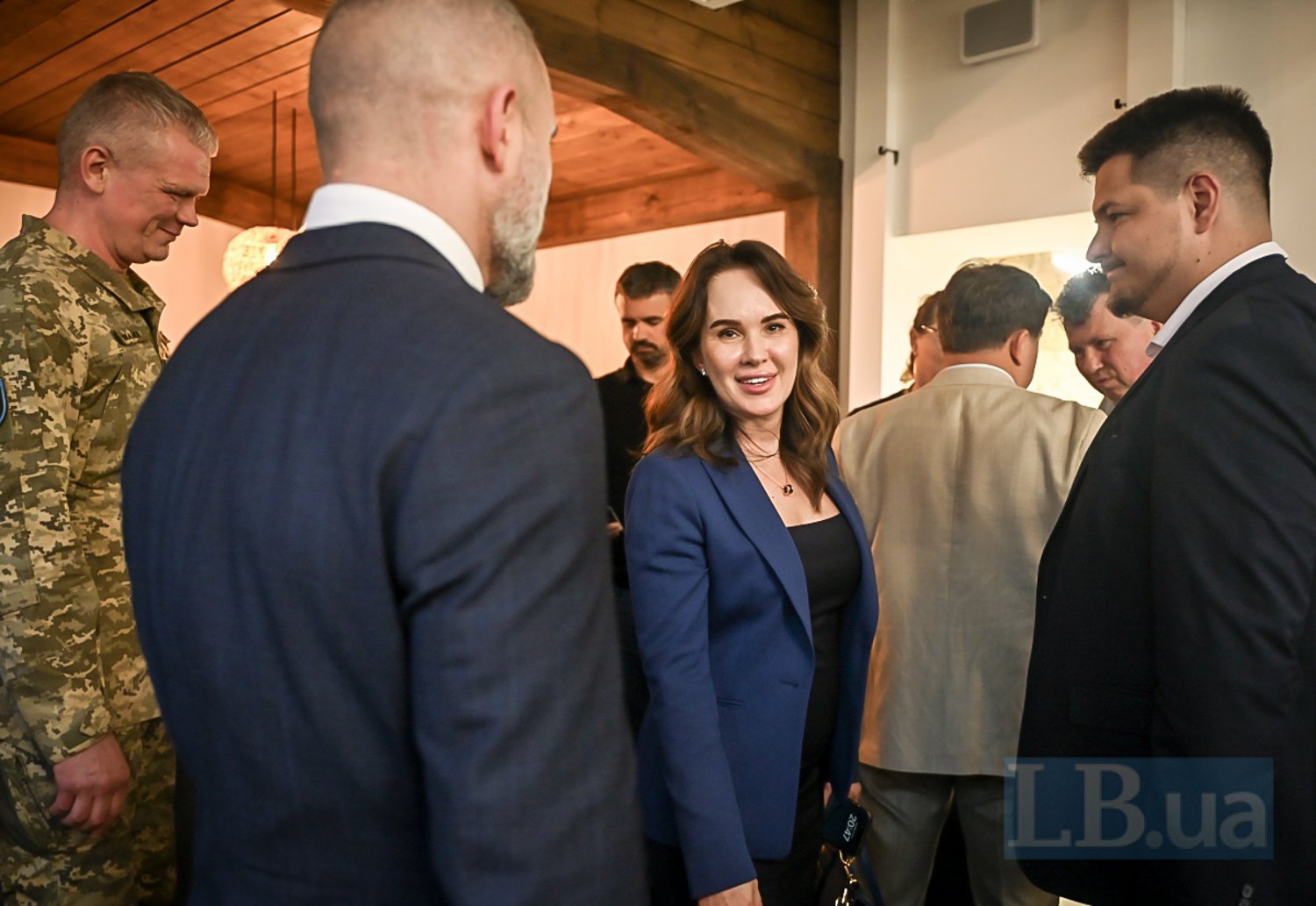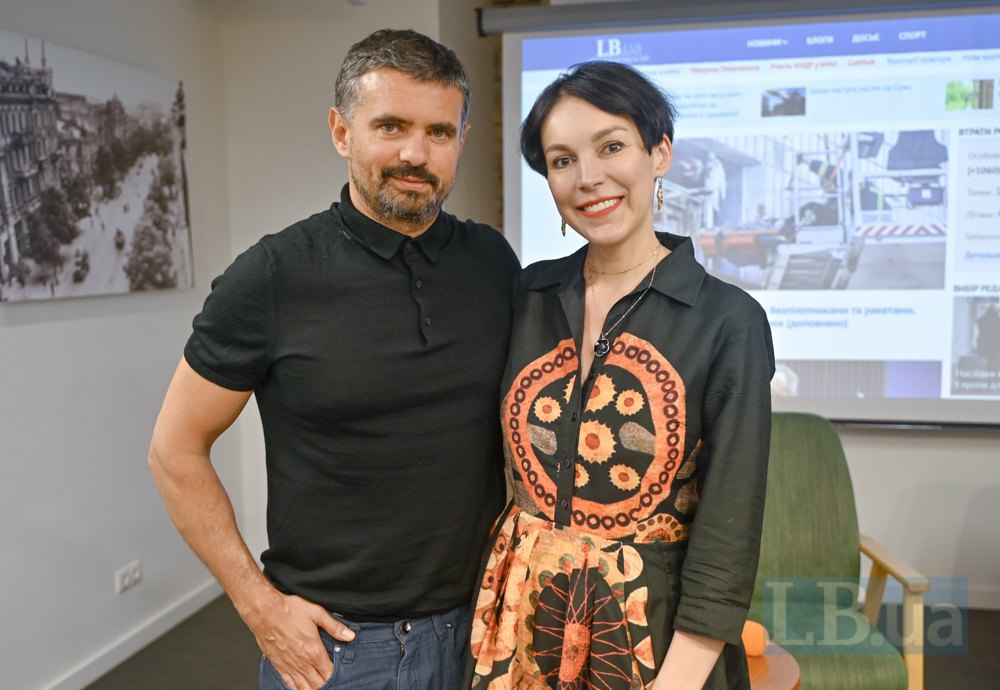In May, Ukraine came close to establishing a Special Tribunal for the Crime of Aggression against Ukraine. The coalition of states for the establishment of the special tribunal completed technical work on draft legal instruments, EU foreign ministers approved them, and the Council of Europe provided political support.
The instrument for punishing Russia's top military and political leadership was given a clear framework. When the special tribunal will start working, who it will punish, and whether it will truly become a mechanism for restoring justice were discussed during a thematic discussion panel as part of a joint project between LB.ua and EFI Group New Country:
- Iryna Mudra, Deputy Head of the Office of the President;
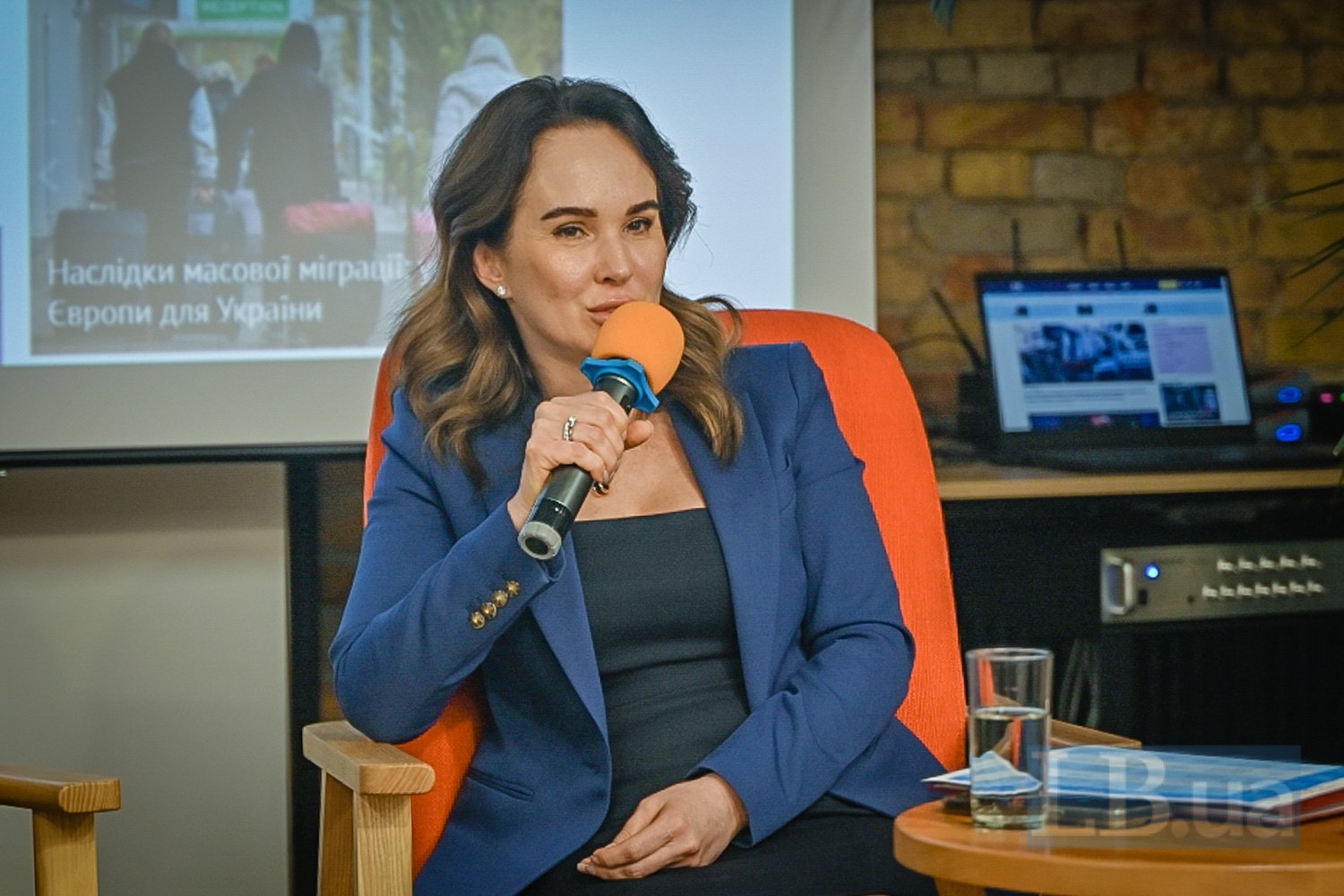
- Serhiy Vlasenko, Member of Parliament, member of the Presidential Working Group on the establishment of a special international tribunal for crimes of aggression against Ukraine;

- Maksym Butkevych, human rights activist, co-founder of the Zmina Human Rights Centre, military serviceman who was held captive by Russia;

- Ihor Liski, Chairman of the Supervisory Board of the EFI Group investment campaign;
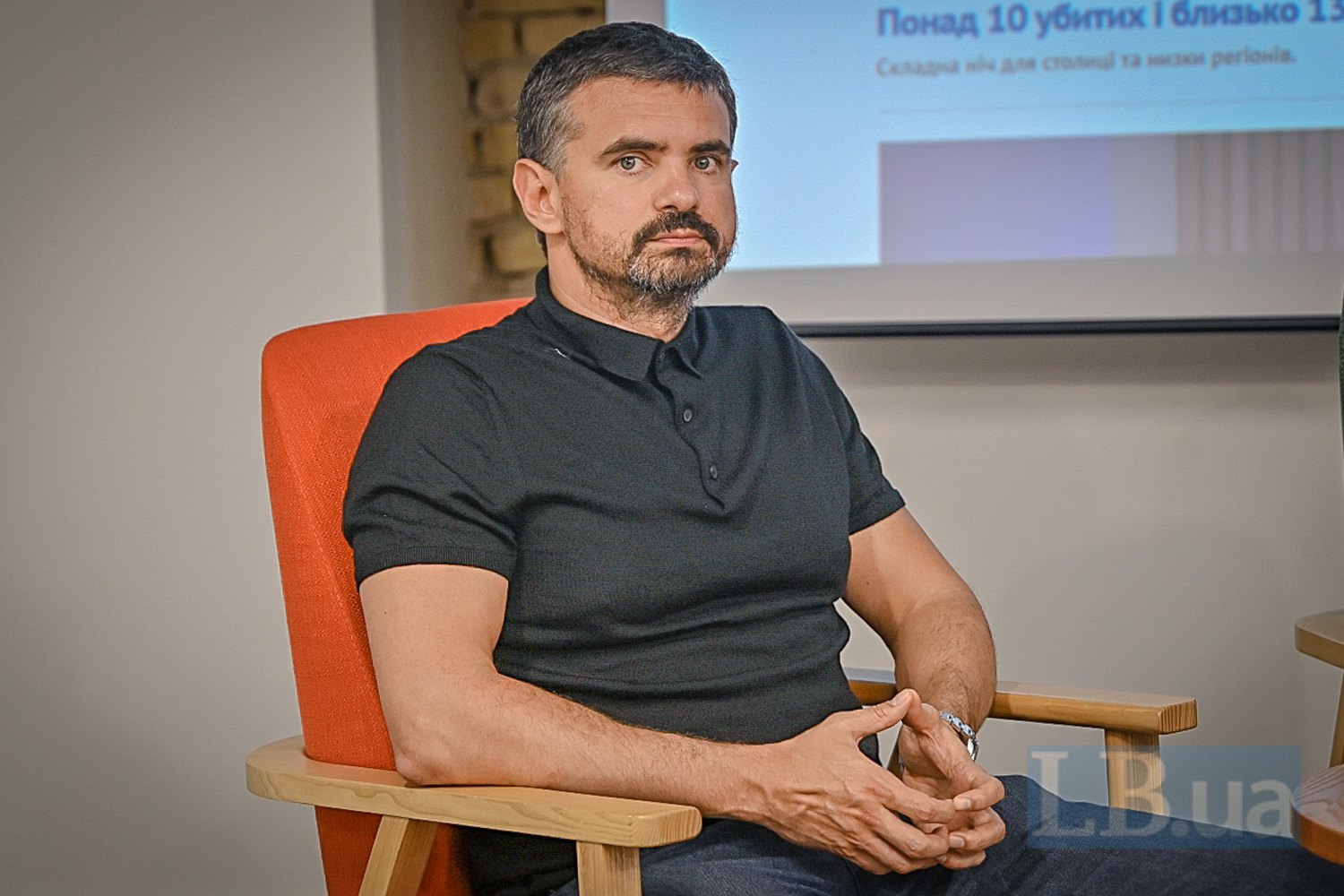
- members of parliament, representatives of the public sector, lawyers, etc.
"Over the course of two and a half years, the main legal documents were developed, which were approved on 9 May and transformed into political will. The lawyers completed their work in March, and the last meeting of the coalition group was held in Strasbourg, where a package of documents consisting of three main documents was approved,‘ said Iryna Mudra, deputy head of the Presidential Office. ’This is an agreement between Ukraine and the Council of Europe on the establishment of a tribunal, the statute of the tribunal itself, which, in fact, defined all the essential conditions of its work. And the partially expanded agreement is a strange instrument of the Council of Europe, but an effective one. The same instrument was used to establish the International Register of Damages, which is also operational."

Furthermore, according to Mudra, the ministers of the Council of Europe must authorise the Secretary General, on the basis of a letter from Ukraine delivered by the Minister of Foreign Affairs in Luxembourg on 14 May, to establish this special tribunal on the crime of aggression against Ukraine with the participation of the highest military and political leadership of the Russian Federation. This is expected to happen by the end of this month.
In just two and a half years, says MP Serhiy Vlasenko, who is a member of the Presidential Working Group on the Creation of a Special Tribunal, Ukraine has gone from ‘never’ to creating a tribunal in two weeks.
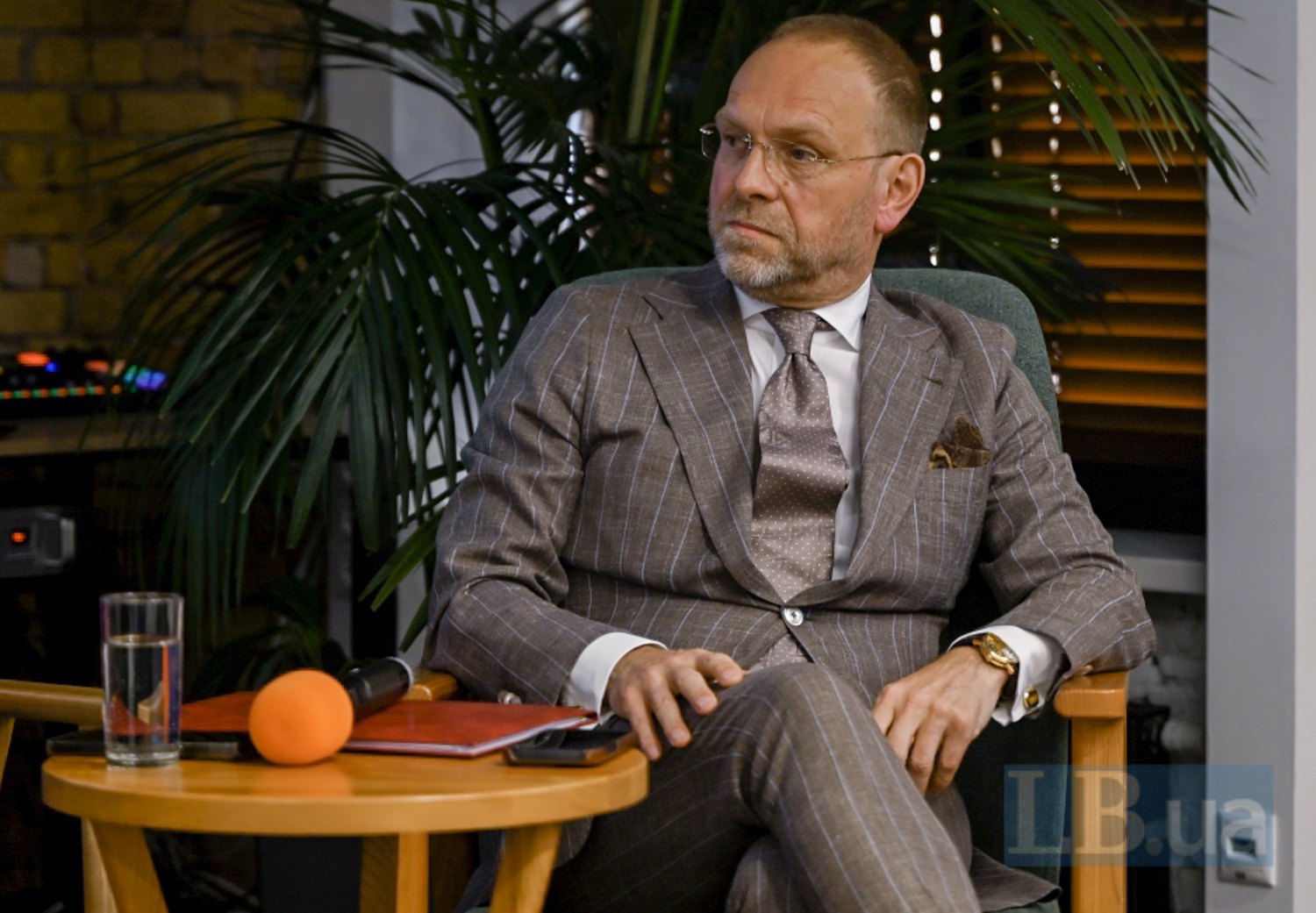
“When we first arrived in Brussels in the summer of 2022 as part of a delegation that began discussing the idea of a tribunal against those who committed crimes of aggression, the then European Commissioner for Justice said that this would never happen. Never!
When we first arrived at the Council of Europe, we were told: ‘This is not our mandate, we will not deal with this.’ And in this relatively short period of time, because I believe that two and a half years in this situation is a short period, we have gone from “never” to the news that in two weeks the documents on its creation will be signed. And, in my opinion, the very fact of its creation is very important," Vlasenko noted.

“Legitimising our rightness is very important, not even now, but for future generations. Germany paid reparations to Jews and Israel for decades after the end of World War II. And this territory of justice allows us to be not only a full member, but also a leader of this moral right, to make history. Ukraine has always been lectured, as if in kindergarten: you don't have this, you don't know how to do that, you steal here, you have corruption there, you are not mature enough. But through pain, through this history, we can have the moral right to determine the future of the civilised world," said businessman Ihor Liski during the discussion.
According to human rights activist Maksym Butkevych, we should not expect that the results of the tribunal's work will make everyone feel that justice has been restored, but impunity cannot be allowed.

“Should we expect that these decisions will satisfy everyone? Of course not. It would be not only naive but also unfair to say so. At least when it comes to earthly courts.
But there is a second option, an alternative – the absence of any responsibility. This cannot be allowed to happen. Even if it is a conviction in absentia (in the absence of the accused), it must be recognised institutionally and legitimately that these people are criminals and must be punished as soon as they climb out of the cage in which they are currently confined," said Butkevych.
The full speeches of the speakers and guests of the discussion, as well as more details about the tribunal, will be available on LB.ua soon.



